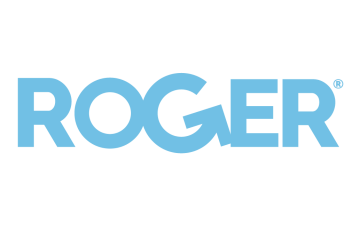Telephone, e-mail, Internet, computer hardware, computer software, banking service industries… Industries which make the world of today; we can not imagine a world without them. All these industries are examples of network markets, in which market players can get the chance to win almost all market share. One important question though: how can you eliminate other players and how can you win the market?
What are network markets?
In network markets the value of a product increases when many other consumers are using the same or compatible products. Network markets can tip, which means that one company can obtain high monopoly profits and a position which is almost invulnerable to competition. The outcome of a tippy market will be a situation where one company obtains almost all market share. Of course, because of a high possibility of monopoly profits, companies are eager to ‘win’ the market. One example company that succeeded is Google; the search engine with almost all market share.
Tipping the market
How did Google do it? There are several factors which contribute to market tipping. Some factors are industry-related, others are related to complementary products. For example, the number of consumers already using the product (also called the installed base) or economies of scale play a huge role in market tipping. Also, complementary products determine if a company gets a chance to win the market. For example, DVD players need DVDs and video cameras need accompanying storage media. It is essential that such products have complements, otherwise they would not be useful for consumers. However, these factors are not easy to influence by a company. There is one thing the company can easily do: establish a solid winning strategy.
Establish the winning strategy
There are certain aspects of a winning strategy: the company has to be able to make exclusive contracts with its suppliers, their product has to perform outstanding, property rights over the product have to be obtained, the brand must be strong and consumer expectations have to be managed in a proper way. It is kind of logical that the product has to perform outstanding and that the brand has to be strong, but what about consumer expectations? If you manage expectations in such a way that people believe your product is going to be ‘hot’, there is going to be a self-fulfilling prophecy. Also, if you manage to get exclusive contracts for parts of your product, competitors will be less able to imitate your product and therefore you have more chance to tip the market. Let us also not forget that entering a network market as first player has great advantages. Once customers have chosen their ‘search engine’ they are less willing to switch due to switching costs (learning about other ‘search engines’).
The winning strategy of Google as a search engine
Google was very good at establishing a large customer base. Expectations about the search engine were driven up and the more people knew about it, the more people started to use it. This has great advantages for the product: the more people use Google, the better the search results become. Therefore, the search engine of Google has become more or less superior. Also, Google has high quality search algorithms which are protected very well by the company. This way, other companies are driven out of the market and Google makes sure that they stay on top of the search engine market.
Disadvantages for the society
Sounds all very nice these network markets but it is also said that network products can have ‘negative’ consequences for the society. For example, the QWERTY keyboard is seen as an inferior keyboard, but nonetheless it survives because it has tipped the market.
The dynamics of network markets are far more complicated than displayed here and the use of game theory can be especially important in studying these markets. Nonetheless, I hope you will have some more insight in the interesting dynamics of tipping markets. However, the basics still stay the same: strategic thinking is crucial in the current business environment.


0 Comments